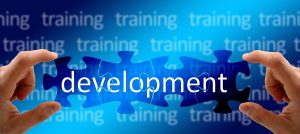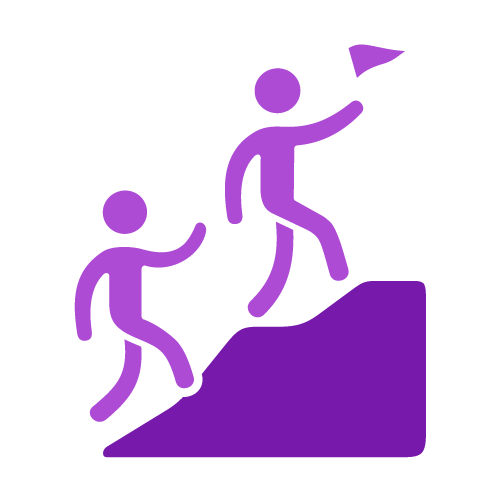
Anyone who has tried it knows that employee development and training is not as easy as just bringing in an SME to ramble on and on about what they know. There are quite a few hurdles to get over just to get something on the schedule, not to mention to ensure a quality learning experience.
You may work with training providers (or in-house instructors) regularly, or on an as-needed basis; or, possibly, you have not had to work through what your organization’s training needs are yet. In any case, here are a few things to consider when planning an employee-training event:
-
Subject Matter Experts are NOT the same as professional instructors.
Would you want to learn piano from Beethoven? While it is obvious that an instructor needs to know their course, they also need to understand and practice adult learning principles, or none of that lovely content will be retained after class lets out. A good instructor can simultaneously wrangle the distracted student (cell phones?), the heckler, the know-it-all, and the daydreamer, all while keeping the class interesting and on pace.
Look for a training provider that has true, professional instructors who understand adult learning theories, and have experience actually teaching.
-
Course content matters.
There are plenty of books out there that offer insight into the topic you are interested in. Many read like instructions for assembling furniture. Some try to cover every single bit of minutia related to the topic, while others are too vague to be useful. The best content does several things at once. It brings the student into the topic and keeps them engaged. It changes pace and delivery, keeping people interested and active. It covers material that is important to the student, their role and function, and their personal life. It is information dense, while not requiring a PhD to understand.
Ask potential training providers about their courses. Where do they get their content? How often is it updated? How long have they been using it? Can it be tailored to fit your specific situation, needs, and goals? The best providers will develop courses in-house (Instructional design).
-
Logistics.
With most training companies offering self-paced, on-line classes, there are a wealth of show times to be had. But what if you want good, old fashioned in-person instruction? Where do you go? How do you know if it is what you need? Will it be a conference room at the hotel by the airport, or an actual classroom? In addition, what comes with the class?
A solid training company will offer live, in-person, hands-on instruction, not as a special arrangement this one time, but as their default method to be able to teach on-site. Logistics are very different for one or two people than they are for a larger group; so look for policies that take different scenarios into account, and not a one-size-fits-all philosophy.
-
Support.
All right, you have planned your party. So, will anyone show up? The biggest fear training planners (OD, HR, and managers) have is going through the work to schedule training, and then no one shows. Also, what happens after class? Will your folks be left alone in the cold?
If you really want to be assured that your training provider understands ALL facets of employee development, ask them if they help drive attendance to your classes. How do they help pack a room once the training is scheduled? Then, after training, is there any additional support? What can they do to help people use what they just learned? If they do not offer these support services, why not?
At the end of the day, there is more to it than just sitting someone in front of a monitor to watch a video. Look for effective instructors, meaningful course content and class materials, and expect support throughout the training, and beyond. Most important of all, there is no training quite as effective as live, in-person, hands-on training.











